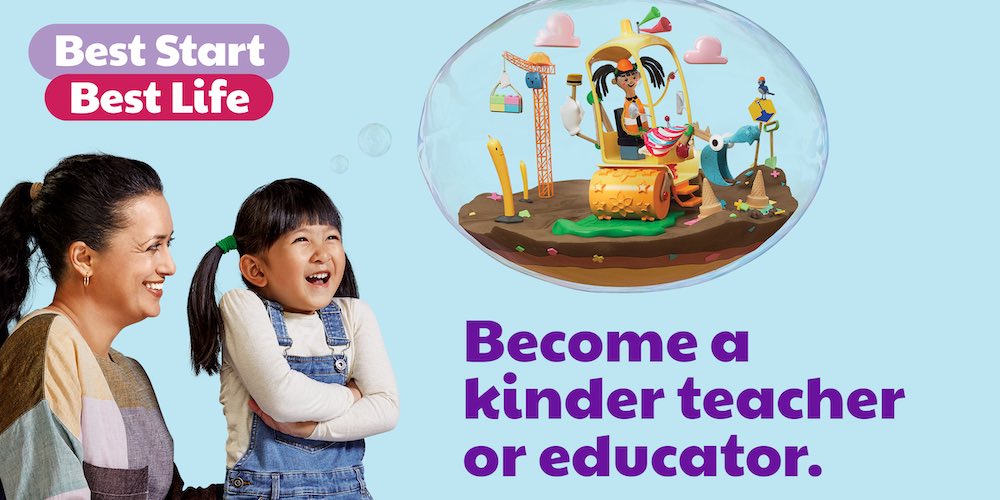This opinion piece was written by ex-VCE and current university student Maya. To get involved with more study discussions, check out our VCE Journey Journals and University Journey Journals.
VCE is about more than the ATAR. It is about the skills you learn which last you a lifetime. Your ATAR is just a number that opens doors for you, but these skills are what allows you to thrive in the real world. I’ve listed some of the most important skills that I’ve learned and how I use them in my life.
1. Time Management
Time management is an important skill which I developed throughout my VCE years. This included spending more time on subjects like Math Methods, which I struggled in, compared to HHD, which I was good at. It means balancing schoolwork, family life and your mental health.
The aim of time management is to increase your productivity in a shorter time period. Now, of course, there were times where I wasn’t able to complete my to-do list or be able to stop watching my shows, but VCE provided me with a chance to develop those skills.
2. Resilience
The VCE environment is a tough one which fosters resilience. You might never have felt the same type of pressure or expectation to do well, but you might not hit your goals on every SAC. There are times where you fail to meet your expectations despite working hard.
Despite being upset about your mark it’s important that you learn from your mistakes and work harder to achieve better next time. Resilience is a skill that develops over time and the more you experience failure, the faster you will be able to recover from it. In life, failing happens a lot. You may fail job interviews and your licence test but as long as you can move forward it’s okay.
3. Hard Work
VCE teaches you the true meaning of hard work. There is no shortcut to getting a high ATAR. You have to put in the effort to do well. Prior to VCE I was never able to study for hours on end or even had a regular study routine.
In this time period, you also learn what type of learning methods work for you. There are so many different ways to learn. Sometimes it’s through summary cards, handwritten notes and listening to lectures. Other times it’s thought diagrams and pictures. Some people thrive in group study, but others do well when they study alone. Once you identify this, you can apply it anywhere in your life.








Comments
No comments yet…